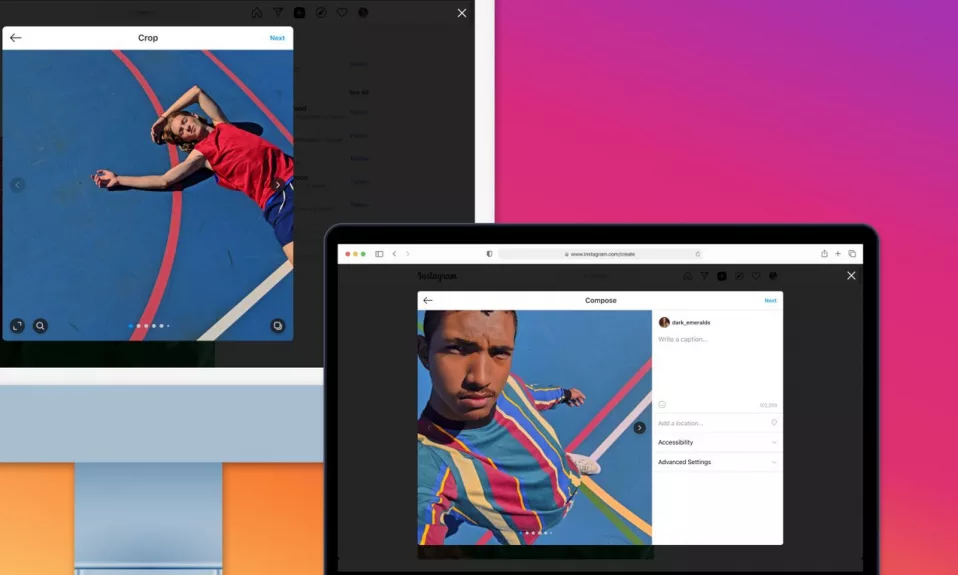As a visually-driven platform, Instagram has proven to be one of the most influential social media channels for individuals and businesses alike to share captivating images, inspiring stories, and significant moments. With so much engaging content available, it’s no surprise that reposting – sharing an image or video originally created by another user – has become an increasingly popular way to join in on the conversation. Although it may seem like a simple and fun practice, reposting comes with its own set of rules that users must adhere to ensure ethical use of others’ work.
The Basics of Reposting
Reposting on Instagram can happen in various ways: from screenshotting an image and uploading it as your own to using third-party apps specifically designed for this purpose. Regardless of the method, it is crucial to understand the etiquette behind reposting other creators’ content before incorporating it into your feed.
Acknowledging the Original Creator
A fundamental rule of reposting is giving proper credit to the original creator. This means not only mentioning their account in the caption but also including any relevant hashtags or links to their work. It’s not enough to simply tag the artist in the photo; providing information about where the content came from shows respect for their hard work and creativity. Failing to do so can lead to negative consequences such as being reported for copyright infringement or experiencing backlash from your followers who value original content.
Obtaining Permission to Repost
In addition to acknowledging the source of the content, another key factor in reposting on Instagram is obtaining consent from the original creator. Getting permission demonstrates that you respect the artist’s rights and creative ownership of their work. The easiest way to get permission is to send a direct message (DM) on Instagram to the creator, politely asking if you can share their content. Often, they will be happy for the additional exposure and thankful that you took the time to request permission.
What Constitutes Permission?
It’s important to recognize that different creators have varying levels of comfort when it comes to sharing their work. Some may grant consent immediately, while others might require specific stipulations, or refuse entirely. Here are some ways users typically give permission:
- Content marked as “repostable”: Many artists may include hashtags or phrases like #repost, #reshare, or #publicdomain in their captions, signaling that they are open to having their work shared.
- Instagram DM Approval: A direct response from the original creator on Instagram granting you permission to repost their content is enough evidence of consent.
- Email Agreement: In some cases, creators may prefer to provide approval through email, particularly when requesting usage rights outside of Instagram.
Ultimately, whether or not someone provides permission is at their discretion, based on their preferences, goals, and the nature of their work. Always respect their wishes, even if it means not being able to share something you find inspiring.
Rules Regarding Ads and Sponsored Content
The world of advertising has also found its way to Instagram, giving businesses an opportunity to showcase their products and services in a dynamic setting. However, reposting ads or sponsored content requires extra attention to ethical guidelines and platform rules.
Distinguishing Sponsored Content and Tagging Brands
Reposting sponsored content often raises two significant issues – plagiarism and copyright infringement. To avoid these issues, users should make it clear that the content is sponsored or an ad by using hashtags like #ad, #sponsored, #promotion, etc. Additionally, tagging the brand responsible for the sponsored post can help maintain transparency and protect you from legal repercussions.
Respecting Advertising Guidelines
Just as with any other form of advertising, reposting ads on Instagram must abide by the platform’s guidelines. This means ensuring that any promotional content is not misleading, offensive, or containing sensitive information. It is also important to avoid reposting ads that promote illegal activities, prohibited services, or discriminatory practices.
The Long-Term Impact of Reposting Ethically
Ethical reposting not only helps protect the original creator’s rights but plays a significant role in building your own reputation as a user who respects, values, and supports others’ hard work. By following the rules of giving credit, obtaining consent, and adhering to the platform’s guidelines, you foster trust and develop relationships within the online community.







